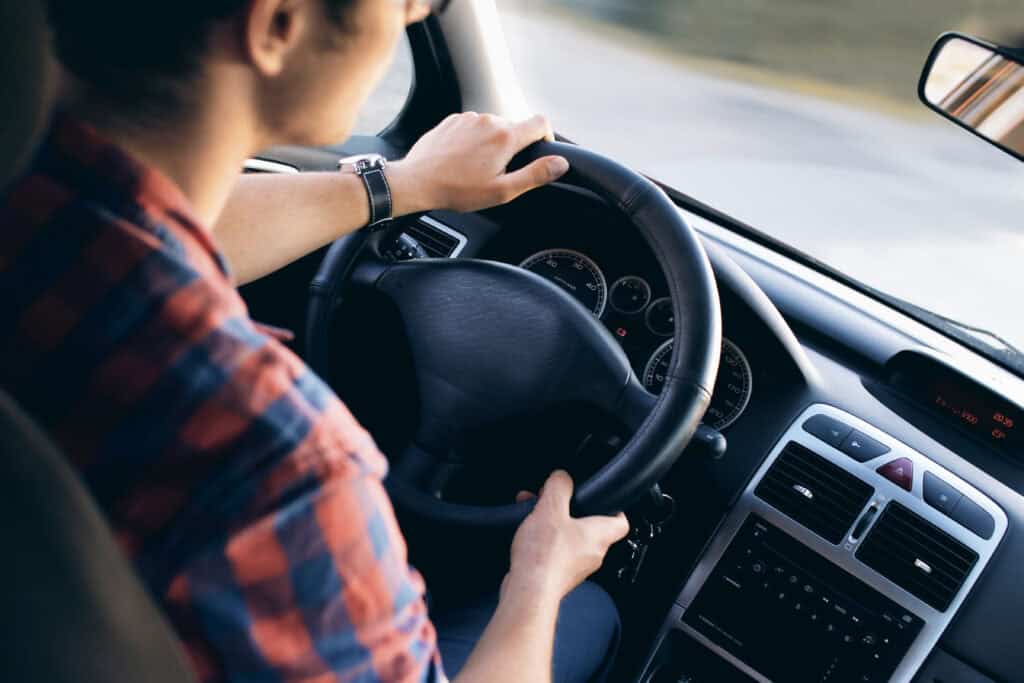Several thoughts come to mind. First, before you start shopping around, make sure that the time has really come to look for another car. Why do we say this? Because the cheapest automobile you will ever own is the one you’re presently driving. Due to the potential for ego-gratification involved, it’s easy to justify a purchase like this for all the wrong reasons. We’re not sure what you mean by “about to die,” but if you’re thinking simply in terms of mileage or the car’s age, you might want to think again. There are some considerable financial advantages to be derived from holding on to an old car as long as possible.
How do you know when to replace a vehicle? There are three issues to consider: time, cost of repairs, and safety. If the amount of time or money required to keep the car running exceeds its worth, then get rid of it. Similarly, if it’s unsafe or unreliable, it’s not worth the risk. Obviously, saving money is not the overriding consideration when you’re concerned about your family’s safety.
If you do need to buy a car, there are three issues that must always be considered when it comes to funding the replacement: new versus used, lease versus buy, and cash versus borrow.
To begin with, unless you are prepared to pay cash and plan to drive it for eight to ten years, it never makes economic sense to purchase a brand new car. A new car depreciates in value as soon as it’s driven off the lot, so it can’t be regarded as a good “investment.” Besides, it’s almost always less expensive to buy used, provided you make your choice carefully. People often insist on buying a new car to avoid inheriting someone else’s problems. But new cars break down too. What you’re really looking for is a reliable vehicle that will get you where you need to go.
Second, leasing a car will never be more advantageous than financing or paying cash. A lease is set up strictly for convenience. It saves you the hassle of handling repairs and re-selling the vehicle. But you can expect to pay the lessor handsomely for these benefits. Our advice is to assume the responsibilities of ownership yourself. You’ll save a lot of money in the process.
Third, without question the best way to purchase a car is to pay cash for it. Then, instead of making car payments, make payments into an auto purchase savings account, so that every time it becomes desirable or necessary to get another vehicle, the cash is available. If you can afford to make payments, you can afford to save, and it’s always to your advantage to be depositing that money in your own account instead of putting it in someone else’s pocket. It’s simply a matter of having the forethought to plan ahead.
Once you’ve made the decision to look for a vehicle, remember that there are three basic steps to buying a used car. If you violate any of them you will pay the price. The first step is to determine in advance how much you can spend. Next, do your homework by researching what is on the market. Give yourself four to six weeks to do this. Finally, once you’ve found the car you want, arrange to have it checked out by a reputable mechanic. To the extent that you follow these steps, you will end up with a better automobile for your money.
For additional help and information on this topic, we’d encourage you to consult the resources and referrals highlighted below. Or if you have relationship concerns and challenges associated with this situation, please don’t hesitate to give our Counseling department a call.
Resources
If a title is currently unavailable through Focus on the Family, we encourage you to use another retailer.
The Total Money Makeover
Family and Personal Finances (resource list)
Referrals
Debt-Proof Living
Articles
Money and Finances












